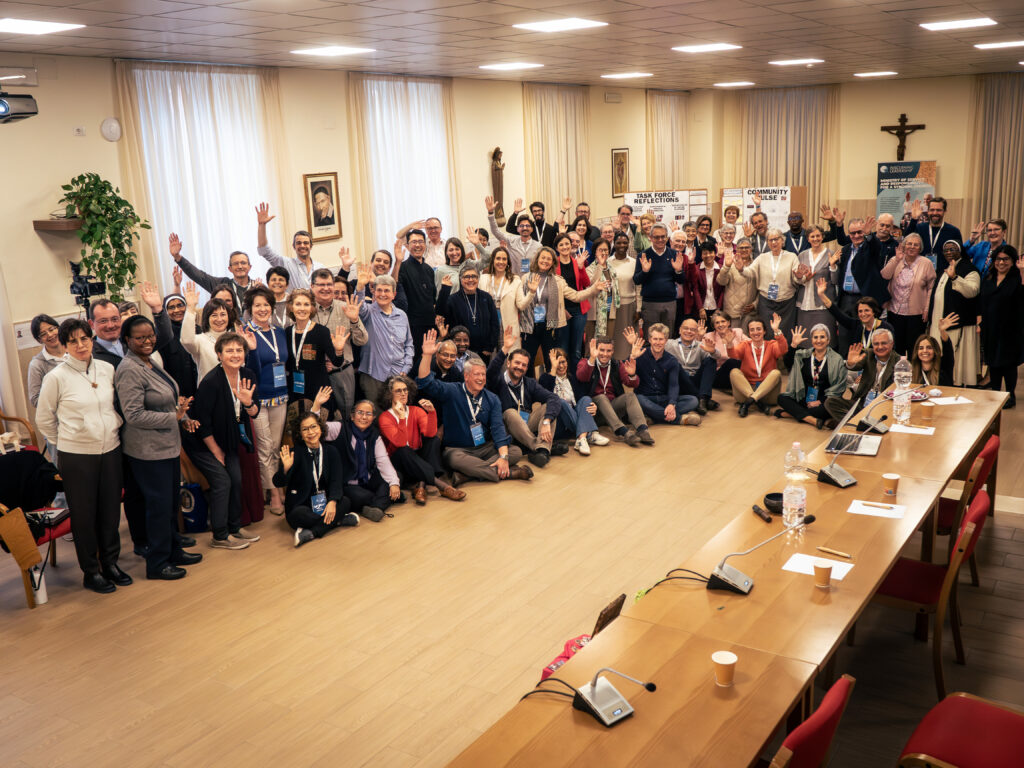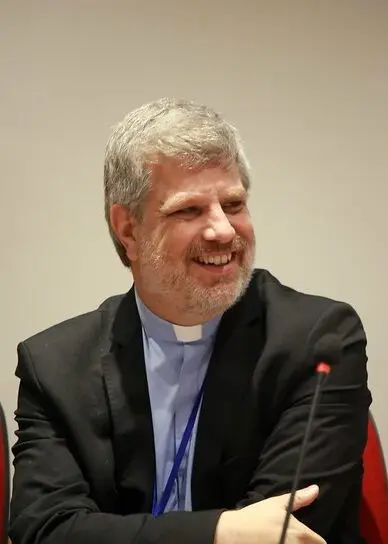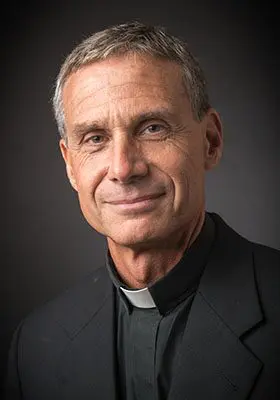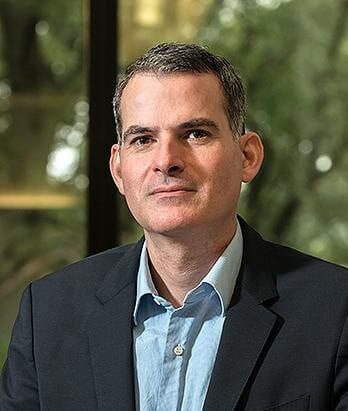How can one lead in times of crisis? What characteristics does a leader need to have in order to face volatile, uncertain, complex, and ambiguous situations? How can a leader transform a crisis moment into one that speaks of hope, grace, and light? How can one lead a broken but blessed community of God’s people to participate in the realisation of Jesus’ vision of a world where no one is left behind, where each one lacks nothing, and where each being is able to live life to the fullest? All these sound daunting and yet these are real questions that leaders of dioceses, parishes, religious congregations, institutions, and pastoral ministries face.
From 5 to 11 January, 41 church leaders from Asia and the Pacific were blessed to encounter “a way” of leading through the Discerning Leadership Program (DLP) held at the Ateneo de Manila University. It was a response to Pope Francis’ call to become a synodal Church by building communities, walking together, and participating fully in the mission of God in the world.
DLP is designed to capacitate church leaders to creatively and courageously respond to the signs of the times. It aims to form leaders who can manage teams and encourage greater communion and participation, who can create space even for shadows and vulnerabilities, and who can guide the community to see the movement of the Spirit in their life.

More than the helpful inputs though, what I appreciated the most was the training process. Being true to the Ignatian roots, each day began with a specific grace which gave focus and direction to that day. The sessions, both technical and spiritual, increased our sense of “I can” in the face of our challenging contexts. The moments of silence, reflection, and sharing helped us to make sense of all that we received. Each day ended with an examen and the Eucharist that led us to recollect and integrate all our learning into our own personal journey.
Through the sessions, we gained a deeper understanding and a new way of framing our present day context–that we are living in a volatile, uncertain, complex, and ambiguous world–by learning to see it in a more integral manner: one that would allow us to discern how it impacts us individually as leaders as well as the communities we serve.
We spent many sessions delving into the person of the leader, starting with our own experience of being called by God in the service of leadership. We appreciated the many new tools that allowed us to better recognise our leadership styles, polarities, and tendencies in managing conflicts in our teams. As much as courage is important for leaders, we learnt that vulnerability can also be a strength that could allow greater “walking together” in a difficult situation.
DLP expanded our understanding of what is meant by a synodal Church. Even before the call of Pope Francis, synodality was already the way of the early Christians. The call for a synodal Church is really a call to go back to the life that Jesus inspired among his disciples: united in God and united among each other.

The process made me feel as if the whole programme was a kind of retreat: one that gave me the space and time to ground myself once again in God’s call to life and love. It allowed me to see myself in the light of this new ministry, discern how the good and bad spirit work in myself as a leader, and gave me fresh eyes and an open heart to appreciate and participate in the work of forming synodal communities.
In the end, how do I understand what a synodal leader is? One who is rooted in God, one who is a life-long learner who is able to integrate various disciplines into one’s own life of discernment and inspires this way of life in others. Inevitably this leads the leader to go beyond oneself and be guided to work towards journeying with others to fulfill God’s vision of life and love for the world.
e program but has also had a broader impact on the regions as a whole. By empowering leaders to be more effective in their roles, the program is helping to create more stable and prosperous communities.
Some leaders who participated in the formation already expressed their intention to replicate some of the elements of the formation in their local contexts, exposing their collaborators to increased personal and professional growth in their roles and leadership.
The original article was posted on the Jesuit Conference of Asia Pacific Provincials website







 Fr. Giacomo Costa SJ did studies in philosophy and theology, and he also obtained a master's degree in Political and Moral Sociology at the EHESS in Paris.
Fr. Giacomo Costa SJ did studies in philosophy and theology, and he also obtained a master's degree in Political and Moral Sociology at the EHESS in Paris. He is the responsible for Formation at the Society of Jesus.
He is the responsible for Formation at the Society of Jesus. Prof. Rafael Luciani received his licentiate and doctorate in theology from the Pontifical Gregorian University in Rome and a degree in educational sciences with a philosophical orientation from the Universidad Católica "Andrés Bello" in Caracas (Venezuela). He also studied philosophy at the Salesian Pontifical University in Rome and did post-doctoral work at the Julius Maximilians Universität in Würzburg (Germany).
Prof. Rafael Luciani received his licentiate and doctorate in theology from the Pontifical Gregorian University in Rome and a degree in educational sciences with a philosophical orientation from the Universidad Católica "Andrés Bello" in Caracas (Venezuela). He also studied philosophy at the Salesian Pontifical University in Rome and did post-doctoral work at the Julius Maximilians Universität in Würzburg (Germany). Nathalie Becquart serves as Undersecretary of the Secretariat of the Synod of the Bishops since March 2021.
Nathalie Becquart serves as Undersecretary of the Secretariat of the Synod of the Bishops since March 2021. Robert J. Bies (Ph.D., Stanford University) is Professor of Management and Founder of the Executive Master’s in Leadership Program at the McDonough School of Business at Georgetown University. In addition, Dr. Bies is a co-author of the book, Getting Even: The Truth About Workplace Revenge—And How to Stop It.
Professor Bies’s current research focuses on leadership, the delivery of bad news, organizational justice, and revenge and forgiveness in the workplace.
Robert J. Bies (Ph.D., Stanford University) is Professor of Management and Founder of the Executive Master’s in Leadership Program at the McDonough School of Business at Georgetown University. In addition, Dr. Bies is a co-author of the book, Getting Even: The Truth About Workplace Revenge—And How to Stop It.
Professor Bies’s current research focuses on leadership, the delivery of bad news, organizational justice, and revenge and forgiveness in the workplace.